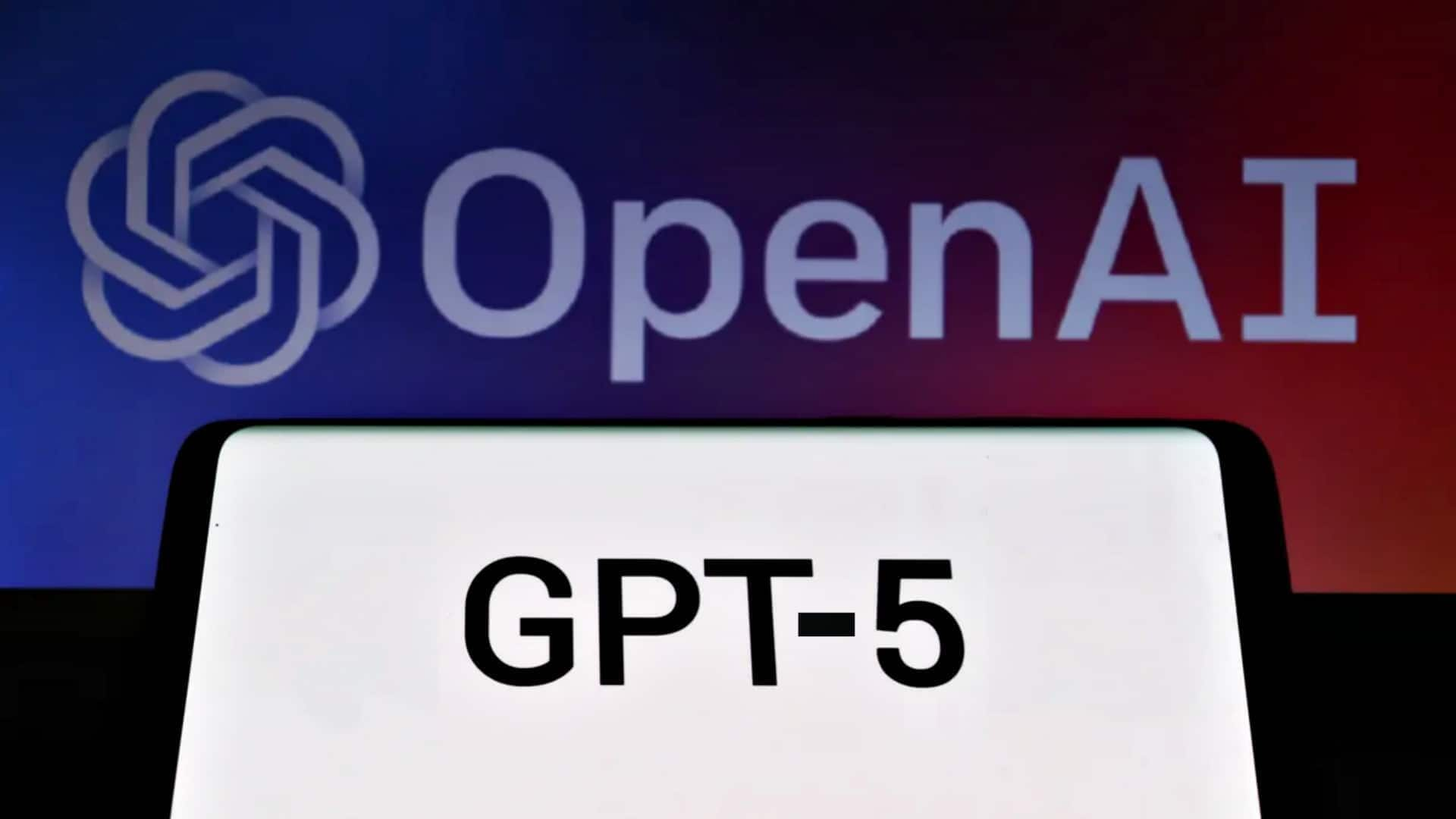
Why China rejected OpenAI's GPT-5 trademark
What's the story
China has rejected OpenAI's application to trademark "GPT-5" in the country. The decision was made by the Trademark Office under the China National Intellectual Property Administration. The filing was made through OpenAI OpCo, a subsidiary of the San Francisco-based tech company. The rejection adds to a string of similar decisions against OpenAI in China since March 2023.
Ongoing challenges
Similar rejections since March 2023
From March to November 2023, Chinese regulators rejected OpenAI's attempts to trademark "ChatGPT" and other GPT model names such as GPT-4, GPT-5, GPT-6, and GPT-7. All these cases are currently under appeal. The rejections are similar to those faced by OpenAI in the US where the Patent and Trademark Office denied its applications for "ChatGPT" and "GPT."
Trademark hurdles
Why 'GPT' is hard to trademark
The descriptive nature of "GPT," which stands for generative pre-trained transformer, a popular type of large language model, makes it hard to register as a trademark. This is according to Wu Zheng, a corporate IP expert based in Beijing. He explained that GPT models are the backbone of training generative AI chatbots and the acronym is already widely used in the industry.
Service access
OpenAI's products not available in China
Despite launching AI services in over 160 countries, OpenAI's products are not officially available in mainland China and Hong Kong. The only way to access them is through VPNs, third-party apps, or proxy servers for developers. Last week, the company unveiled GPT-5 as its "smartest, fastest, most useful model yet."